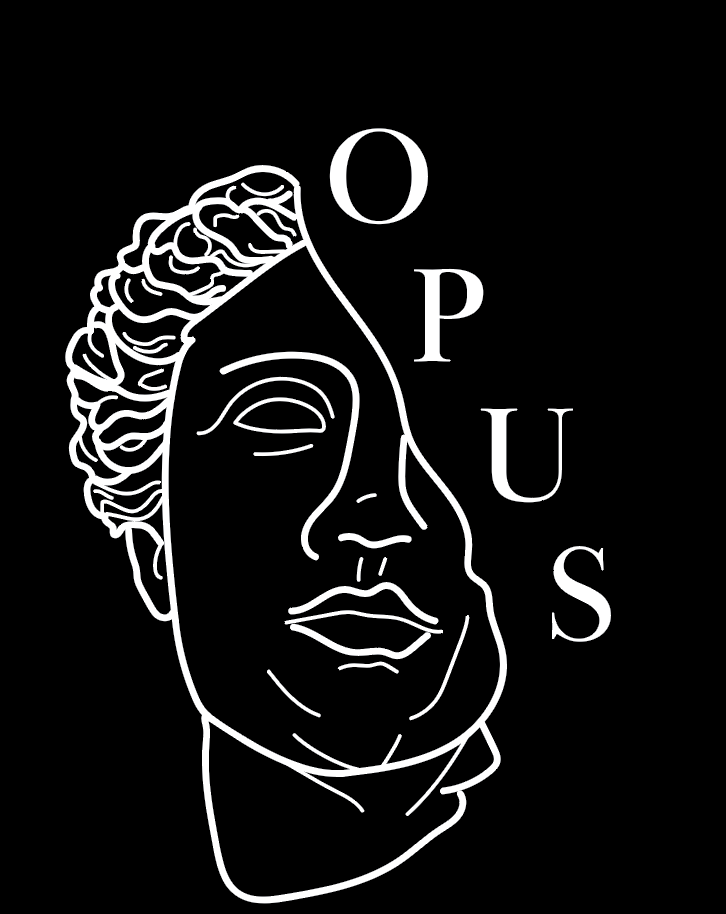Revise? Resubmit? What do these words even mean?
BY ZACHARY DANKERT
I didn’t begin really revising and editing my work until a good year into my study of creative writing. Until that point, I don’t think it even crossed my mind that writers edited at all. I was of the “one-and-done” mindset, that once I typed the last word of a piece, suddenly that piece was no longer touchable. It was perfect, and I hardly gave it another thought. The summer after I took ENGL 253, I wrote a lot of poetry, and once I’d typed it into a Word document I hardly looked at it again. I’d spend a few hours playing with words and phrasing, but it was all in that immediate phase of production. I was still “striking while the iron is hot.” And when the iron cooled, I felt satisfied. There wasn’t anything more I could do to it. I’d exhausted my creative ability and had produced the best writing I could—onto the next masterpiece.
To be fair, this is an understandable opinion of one’s own initial work. We are filled with creative inspiration and lack the learned discipline to reflect on and consider our art. I’m sure many of you can happily recall that period of your artist careers where the only thing on your mind was writing, painting, playing, etc. The raw construction of beauty. That first summer I’d sit for hours in cafés or in my house, by the windows that overlook the backyard, and I’d just write poem after poem after poem. There was no thought in my mind about the future of these poems, no concerns about submitting them to journals or sharing them in a workshop. I was focused on the present joy of them. I didn’t toy with ideas in my mind, didn’t weigh the belletristic merit of one concept against another, didn’t worry about which theme would resonate most with an audience. I wrote for myself. I wrote for fun.
These were terribly god-awful, of course. I still can’t look at them without vomiting. But I do envy that worry-free mentality I used to possess, and at times I try to summon it back and use it as a muse. When I finished my junior year, I was hit with the realization that I needed to take things very seriously, as I had one year left and still very little experience legitimately writing. I had studied in Dublin the previous semester, with a group of serious like-minded writers, and we dove into the craft far more intently than I ever had before. I learned to draft poetry and stories, a practice that had been very foreign to me until that point. I was utterly stupefied when a successful Irish writer joined us for a workshop, and said she usually drafts a single story forty to sixty times. What? I thought. You can’t just put together a first draft and call it done? I also learned how to edit and revise in that semester. In my mind, the act of writing as a divinely inspired, spur-of-the-moment practice was quickly fading, and in its place came a different understanding, one with more similarities to designing a building. I began to view the end results of my writing differently as well. They slowly turned into more professional displays of my skill and hard work. Now, I usually start a poem or story with a tangible end goal in mind. Writing quickly transformed from a hobby into a career.
With that change came quite a bit more work. The revision process can often be brutal, dull, or humbling. Sometimes, it’s an unholy combination of all three. It’s difficult to look at your own work, especially if it’s something you’re proud of, and intentionally highlight every flaw you can find. Oftentimes, I simply don’t want to acknowledge how much work needs to be done on a specific poem before it’s “submission ready.” Oftentimes I couldn’t care less whether a piece is “submission ready” or not. Editing is also risky, as too much of it can disfigure the initial inspirations that elevated the piece in the first place. How can one determine beneficial edits from harmful ones? In many cases the only way to get good editorial advice is by showing the work to peers, and this is another thing I find myself loath to do. There can be very little that is enjoyable about the editing process. That being said, it is an integral part of the artistry. If the initial creation is the heart, then revision is the sturdy body built around it.
When we say “revise and resubmit,” we truly mean it. Nothing gives us more joy than seeing edited pieces come back to us the next semester. We grow from that experience just as the artist does. We want Opus to be less about putting some artists on a higher pedestal than others and more about helping everyone grow and advance their artistic goals. And often, the only way to accomplish this is through hard revision. We hope that, if a student’s work doesn’t get in, they consider our advice and become inspired to give their poem, story, painting, etc. a new life. We also hope that, if a student’s work does get in, they still feel inspired to bring their work to the next level. Revision isn’t a force that fades when an art piece is accredited. It is a life-long exercise. Everyone has the capability of improvement, just as everyone has a unique perspective to share with the world. We at Opus hope you will continue sharing both the improvements and the perspectives with us. To do this, simply revise and resubmit.


Leave a Reply